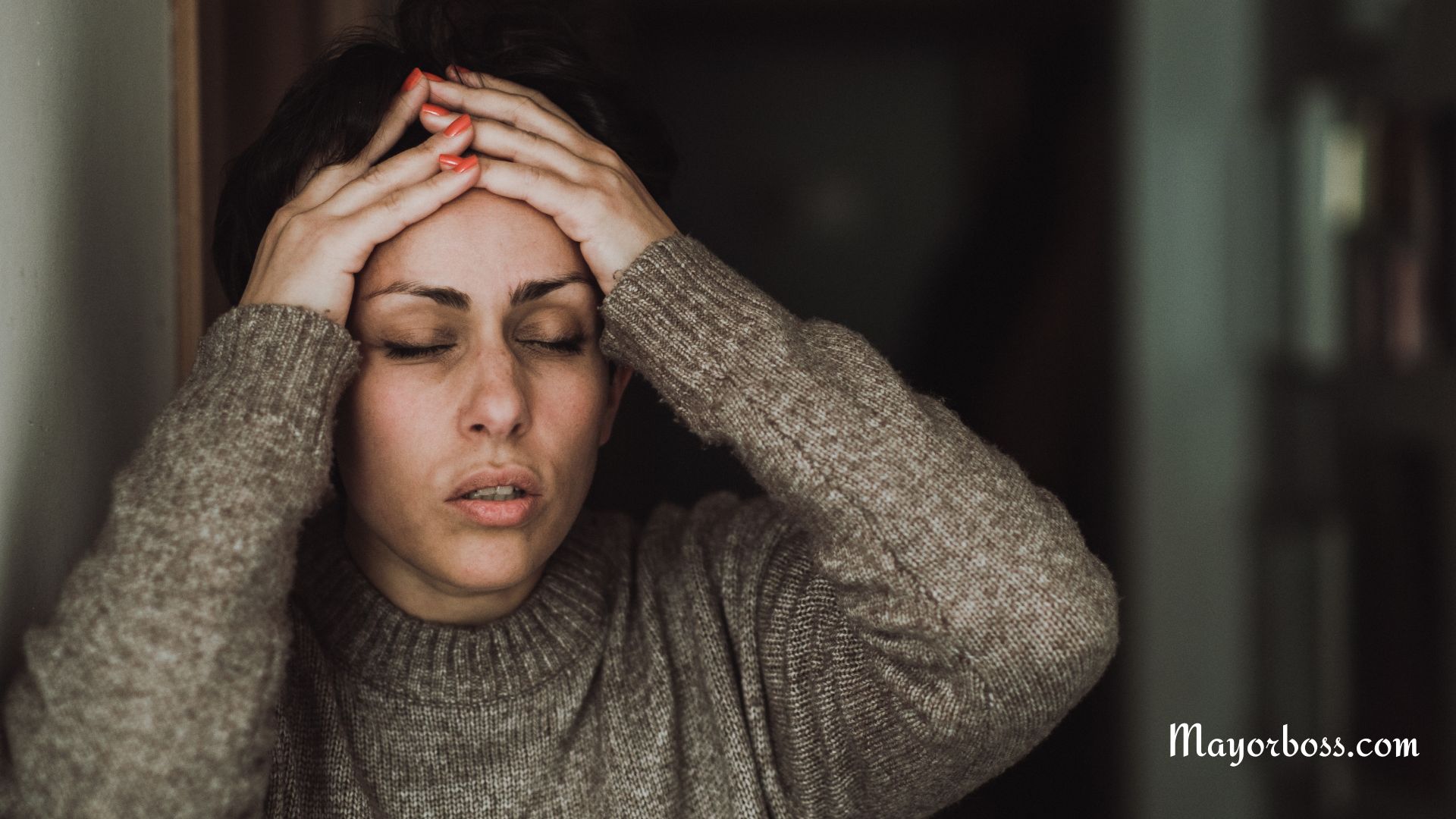Is Your Libido Decreasing? Here’s What Your Body Might Be Telling You
Experiencing a decrease in libido can be both confusing and concerning. It’s a common issue that many people face, and understanding the potential causes is the first step in addressing it. This article talks about why you might be experiencing a decrease in sexual desire and what your body is trying to communicate.

What is Decreased Libido?
Decreased libido refers to a reduced interest in sexual activity. It’s important to recognize that experiencing fluctuations in sexual desire is normal, but a persistent decrease may be a signal from your body indicating underlying issues.
Potential Causes of Decreased Libido
- Hormonal Changes: Hormones play a crucial role in sexual desire. Low levels of testosterone in men and estrogen in women can lead to decreased libido.
- Lifestyle Factors: Poor diet, lack of exercise, and insufficient sleep can all contribute to a reduced sex drive.
- Stress and Anxiety: High levels of stress and anxiety can significantly impact your sexual desire. Your body’s response to stress may divert energy away from sexual function.
- Medications: Certain medications, including antidepressants and blood pressure drugs, can lower libido as a side effect.
- Medical Conditions: Health issues like diabetes, high blood pressure, and thyroid disorders can affect sexual desire.
- Psychological Factors: Depression, low self-esteem, and past traumatic experiences can profoundly impact your libido.
- Relationship Issues: Problems in your relationship, such as unresolved conflicts or lack of emotional intimacy, can diminish sexual interest.
Treatment Options for Decreased Libido
- Consult a Healthcare Professional: It’s crucial to speak with a doctor to identify any medical causes for decreased libido.
- Lifestyle Modifications: Adopt a healthy diet, engage in regular physical activity, and ensure adequate sleep to boost overall health and potentially improve libido.
- Manage Stress: Techniques like mindfulness, meditation, or counseling can be effective in managing stress and anxiety.
- Open Communication: Discuss your feelings and concerns with your partner. Sometimes, improving communication can enhance intimacy and sexual desire.
- Review Medications: If you suspect that your medication is affecting your libido, consult your doctor about alternative treatments.
When to Seek Medical Attention
- Persistent Issues: If decreased libido persists for several months, it’s advisable to seek medical advice.
- Accompanying Symptoms: Any additional symptoms, such as erectile dysfunction, pain during intercourse, or emotional distress, warrant a doctor’s visit.
- Impact on Quality of Life: If your decreased libido is significantly affecting your relationship or mental health, professional guidance is recommended.
Frequently Asked Questions
Is decreased libido only a problem as you age?
While it’s common to experience changes in libido with age, decreased sexual desire can occur at any stage of life due to various factors.
Can improving my diet really help with libido?
Yes, a balanced diet rich in essential nutrients can improve overall health, including sexual health.
Are there natural supplements to boost libido?
While some natural supplements like Dehydroepiandrosterone (DHEA), maca, ginkgo biloba, zinc, fenugreek, and ginseng are marketed for enhancing libido, it’s important to consult with a doctor before trying them, as their effectiveness and safety can vary.
Is there a difference between male and female libido?
Yes, there can be differences in how libido manifests and fluctuates in men and women. Men often experience more consistent and visually stimulated libido, while women’s sexual desire can be more influenced by emotional and relational factors. Hormonal fluctuations also play a significant role, with testosterone being a key driver in male libido and a combination of hormones, including estrogen, affecting women’s sexual desire.
Additionally, societal and cultural factors can shape how men and women experience and express their libido. However, it’s important to note that individual experiences can vary widely, and there is a broad spectrum of what is considered normal for both sexes.
